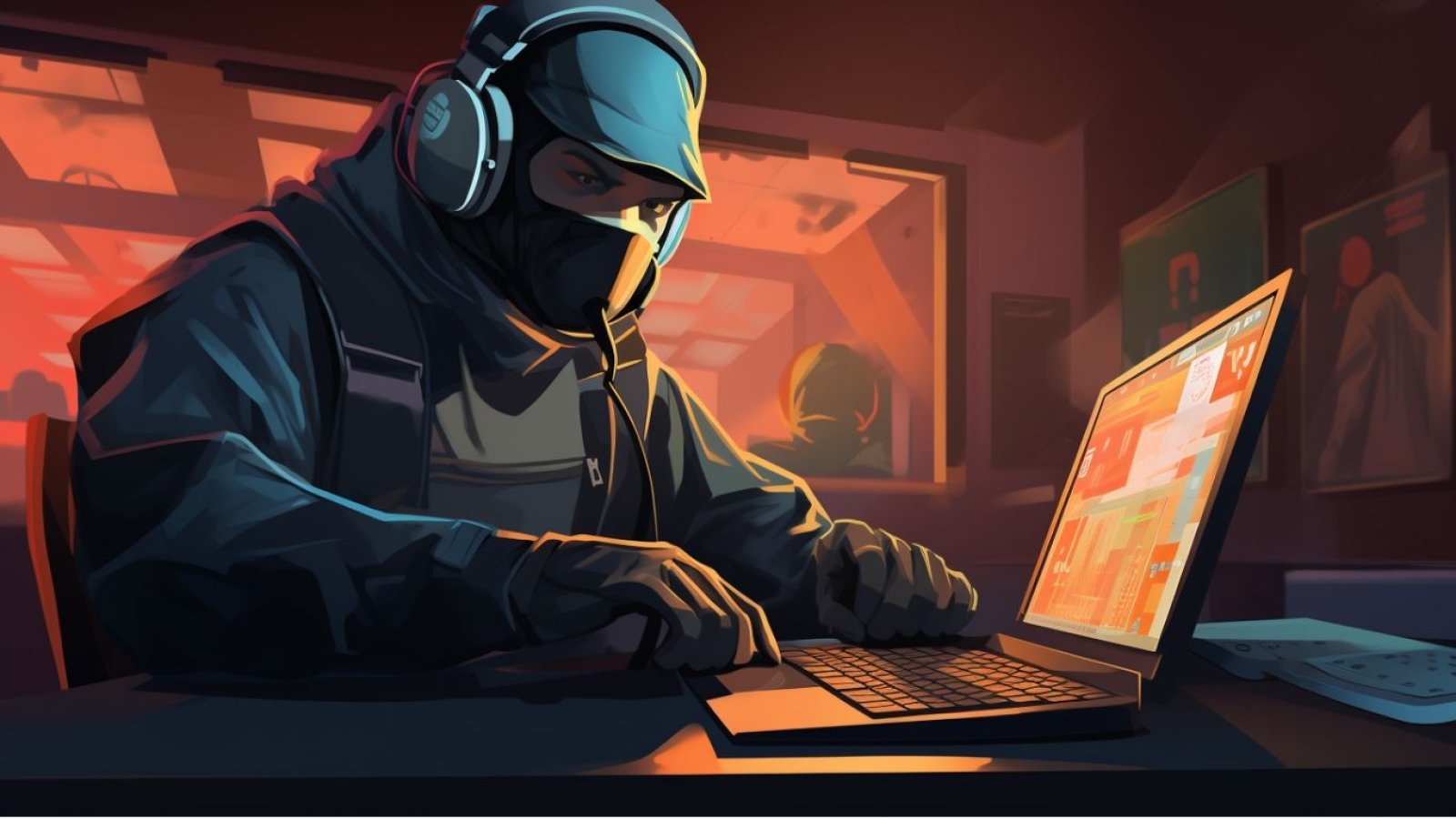Beauty Reports: Trends & Tips
Stay updated with the latest in beauty trends, tips, and product reviews.
Griefing Penalties in CS2: The Ghosts of Players Past
Explore the dark side of CS2 with our deep dive into griefing penalties and the haunting tales of players lost in the chaos. Don't miss out!
Understanding Griefing Penalties in CS2: What Every Player Should Know
Understanding Griefing Penalties in CS2 is crucial for maintaining a positive gaming environment. Griefing refers to actions that intentionally disrupt the gameplay of others, such as team-killing, sabotaging objectives, or using exploits. Players found guilty of griefing can face significant penalties that not only affect their accounts but also the overall experience of their teammates. These penalties can range from temporary suspensions to permanent bans, depending on the severity and frequency of the offenses. Therefore, it's essential for every player to understand what constitutes griefing to avoid repercussions.
To ensure fair play, CS2 employs a robust reporting and enforcement system. Players can report suspected griefers through the in-game reporting feature, which triggers a review process. Consequences for consistent griefing behavior may include:
- Temporary Bans: Players may find their accounts suspended for a limited time.
- Permanent Bans: In severe cases, repeat offenders may lose access to their accounts indefinitely.
- Competitive Rank Reset: Griefers may also experience a reset in their competitive ranking, affecting their standing within the game.

Counter-Strike is a highly popular tactical first-person shooter that emphasizes teamwork, strategy, and skill. One of the integral aspects of gameplay is map knowledge, which includes understanding overpass callouts to communicate effectively with teammates. Mastering these callouts can provide a significant advantage in matches, enhancing coordination and overall performance.
The Impact of Griefing on Team Dynamics: Lessons from Players Past
The phenomenon of griefing—where players intentionally disrupt the experience of others—has significant implications for team dynamics in online gaming communities. These actions can lead to a breakdown of trust among team members, who may feel targeted or disillusioned by their gaming experience. As teams often rely on mutual support and cooperation, the introduction of griefing can create an environment filled with tension and conflict. This disruption not only affects immediate gameplay but can also discourage long-term collaboration, as players begin to view their teammates with suspicion.
Lessons from players past highlight the need for effective management and conflict resolution strategies in online games. For instance, fostering open communication channels can allow players to express their concerns about griefing behavior openly. Additionally, developers can implement stronger moderation and reporting systems to protect team dynamics. Ultimately, understanding the impact of griefing on team dynamics can serve as a foundation for creating healthier gaming environments that promote collaboration and respect among players.
Are Griefing Penalties in CS2 Effective? A Deep Dive into Community Opinions
In the world of Counter-Strike 2 (CS2), the introduction of griefing penalties has sparked a significant amount of debate within the community. Many players believe that these penalties are crucial in maintaining the integrity of the game, preventing disruptive behaviors that can undermine the experience for others. A recent survey of CS2 players revealed that approximately 65% feel that strict penalties help deter griefing, while only 20% assert that such measures are ineffective. This divide in opinion raises important questions regarding the overall effectiveness of the current punishment system.
Moreover, various community forums and social media platforms have become battlegrounds for discussions on this topic. Some players argue that the penalties are too harsh, leading to unfair bans and discouragement for casual players. Others, however, emphasize the need for a balanced approach, suggesting adjustments like temporary bans or warnings before implementation of permanent penalties. As the debate continues, the community remains divided, highlighting the complex nature of player behavior and the ongoing challenge of fostering a respectful in-game environment.